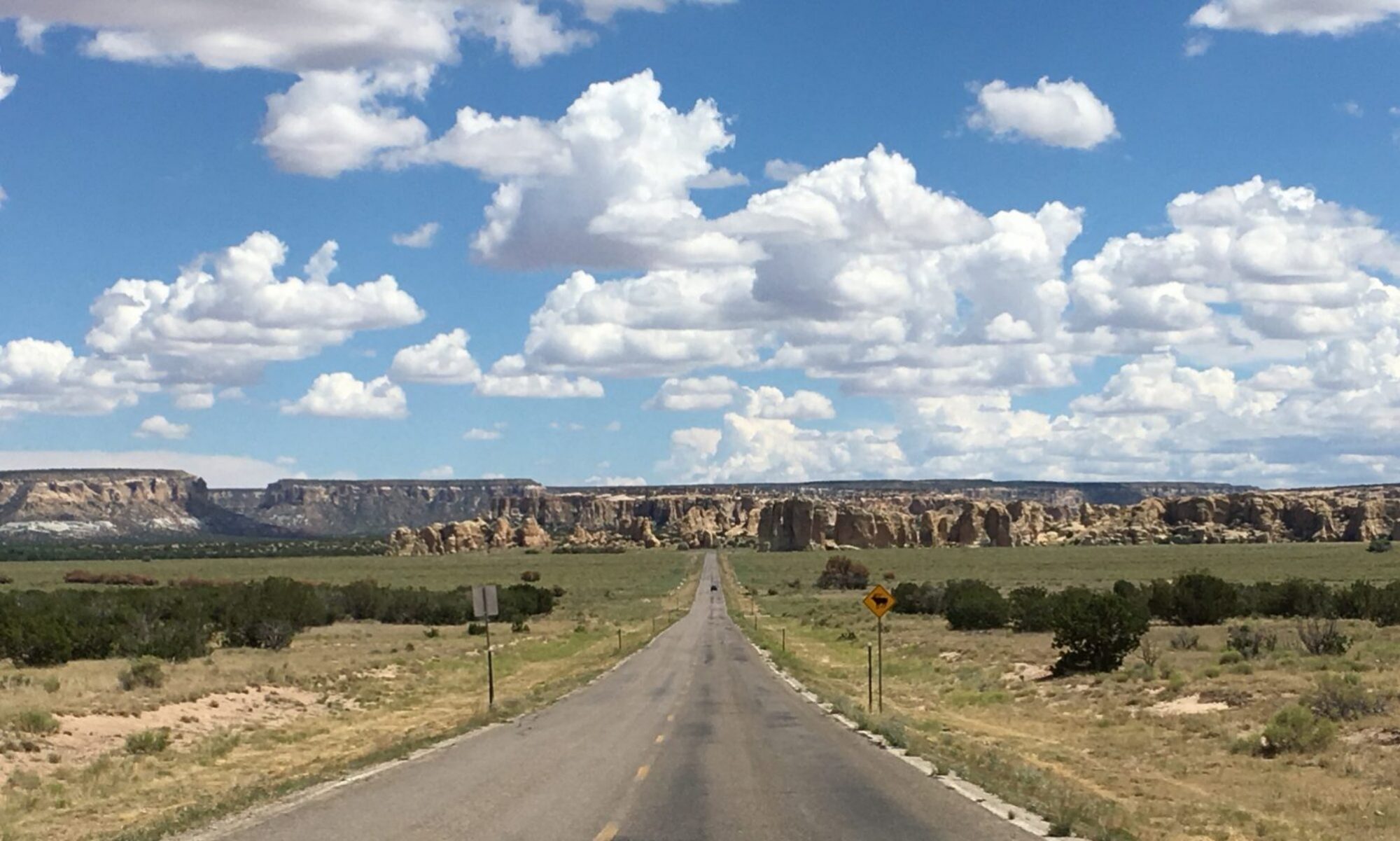Text Matters–Issue 12
CALL FOR PAPERS for special issue of Text Matters: A Journal of Literature, Theory and Culture
Ecology as Modernity’s New Horizon:
Narratives of Progress, Regression and Apocalypse in the Anthropocene
Editors: Agnieszka Soltysik Monnet & Christian Arnsperger
University of Lausanne, Switzerland
agnieszka.soltysikmonnet@unil.ch christian.arnsperger@unil.ch
Deadline for submission of article proposal (max. 300 words): November 15, 2020
Deadline for editors’ acceptance/rejection of proposals: December 15, 2020
Deadline for submission of full articles (max. 5000 words) : July 1, 2021
Deadline for peer review and final acceptance/rejection of articles: October 1, 2021
Deadline for submission of final versions of articles: December 1, 2021
As global warming and the current ecological crisis bring modern humans face to face with their finite planetary resources and their impacts on the biosphere, narratives of apocalypse and collapse proliferate in contemporary culture. “Living in the Anthropocene” has become a rallying call for the advocates of urgency, while the overwhelming majority of political and corporate actors continue to fail to act.
This issue of Text Matters would like to interrogate some of the issues of temporality raised by the ecological challenge.
First of all, there is the injunction to act quickly. Initially it seemed that we had some time to shift the foundations of our way of life in order to ward off catastrophe, but now it appears that we have already waited too long and can, at best, only slow down the inevitable reaction chains that are coming.
Secondly, environmental warnings have often predicted a sudden and violent climatic collapse in the future, triggered by a tipping point, but in fact we may be equally well be looking at a gradual climatic shift which has already begun and to which we are contemporaries.
Thirdly, there are the more theoretical questions of apocalypse and progress—seemingly opposed, and yet closely and uncannily interconnected within our theologically informed sense of history and teleology.
Linked to the narrative of progress that has functioned as one of our dearest cultural myths are the notions of modernity and the Enlightenment as the necessary foundations for our existence. One of the main criticisms addressed to environmentalists who question progress is that their agenda implies regressing to some historically obsolete stage, i.e., that they seek to “take us back to the Stone Age,” or that they are themselves naïve and idealistic, like overgrown children or adolescents who should know better.
Within this threefold complex of issues, the contributions to this volume will engage with the following clusters of questions:
- Is ecology fundamentally opposed to the Enlightenment project and to modernity as we know — or fantasize — it? Why is ecology so often dismissed as historical regression, and how does it need to be re-cast to become a narrative of the future? Can emerging frameworks such as the “Green New Deal” serve as new narrative horizons?
- Are we culturally predisposed to think in terms of apocalypse, and therefore unable to see and react to the slow unfolding of devastating environmental change (e.g., mass extinction, loss of forests, polluted waterways, more frequent extreme weather events, etc.) currently occurring?
- Does it still make sense to think and act ecologically when it is already, in some sense, “too late” — and how does this modify the way we tell the story of humanity’s future inhabitation of the Earth? Do we need new narratives of loss, mourning, and reconstruction?
- What are the ideological and psychological investments we have in the stories of “progress” and “modernity,” so that reconstructive and regenerative ecological visions and narratives appear as their opponent, or even their enemy? Is the story of the “Anthropocene” an after-the-fact rationalization of inevitable degradation, or can it become a building block for forward-looking narratives of ecological reconciliation?
- What would it mean for our environmentally destructive culture to be willing to — finally — learn from the indigenous cultures that we have so viciously repressed in the name of modernity over the past four centuries? How do indigenous cosmologies, philosophies, and “teaching stories” challenge the very notion of Modernity when it comes to ecological reconciliation with the biosphere?
Contributors are invited to think about these questions in terms of language, discourse, and literary and visual narratives, as well as possibly music, media, performance, and other art forms and practices that speak to the issues of temporality raised by our current crisis
